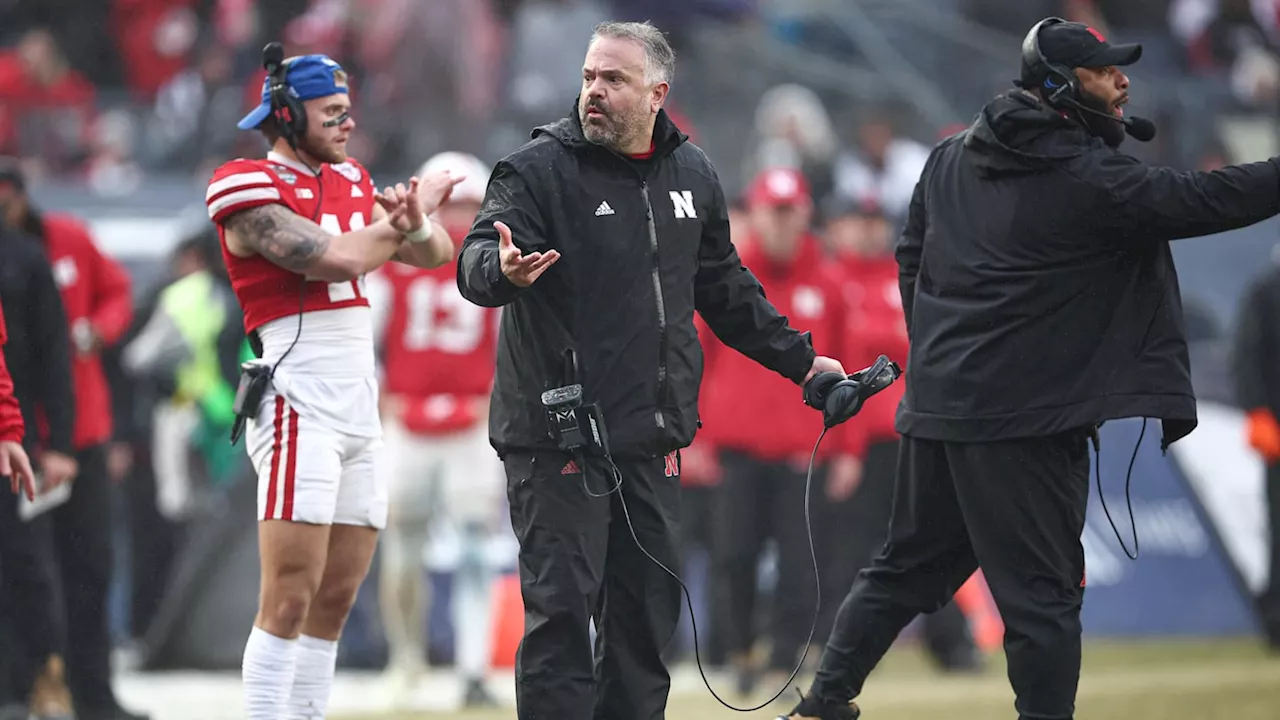The recent terrorist attacks in New Orleans and Las Vegas highlight the evolving nature of terrorism, with domestic violent extremists, particularly white supremacists and anti-government groups, posing the most significant threat to the homeland.
The terrorist attack in New Orleans on Jan. 1—and a truck explosion in Las Vegas just a few hours later that also seems to have had a political motive—are a reminder that extremist threats to our nation and our communities remain pressing, even as the landscape of terrorism itself is changing. The attacks also serve as a warning about the need for our counterterrorism strategies to evolve more quickly to adapt to these changes.The traditional landscape of U.S.
terrorism and extremism falls into two categories: international extremism, made up mostly of ISIS and al-Qaeda groups and affiliates, and domestic extremism, which includes white supremacist extremists, animal rights and environmental extremists, and a wide range of antigovernment extremists, such as unlawful militias, anarchists, antifascists, and sovereign citizens, alongside a large catch-all category called 'all other domestic terrorism threats,' which includes extremism motivated by gender, sexual orientation, and religion.Islamist terrorism, which dominated U.S. security concerns for nearly 20 years after 9/11, remains a consistent threat. But by far the bigger national security threat now comes from domestic violent extremists, especially white supremacist extremists and antigovernment extremists, who are identified in an October 2020 threat assessment from the U.S. Department of Homeland Security as reflecting the most pressing and lethal threat to the homeland.Two major changes in the terrorism landscape are driving much of the violence we see today. First, we have seen a shift from group-centered terrorism to lone-actor violence like the vehicle-ramming attack from the New Orleans terrorist. Groups still produce much of the propaganda and the playbooks that radicalize and mobilize people, introducing them to extreme and violent ideas and teaching tactics and strategies like weapons and explosive construction. But the vast majority of terrorist actors in the U.S
Terrorism Domestic Extremism White Supremacy Anti-Government Extremism Counterterrorism
United States Latest News, United States Headlines
Similar News:You can also read news stories similar to this one that we have collected from other news sources.
 Gonzaga's Mark Few relies on 'competitive spirit' in ever-changing college landscapeFOX Sports' John Fanta sat down with Mark Few ahead of No. 8 Gonzaga's heavyweight showdown against No. 18 UConn on FOX.
Gonzaga's Mark Few relies on 'competitive spirit' in ever-changing college landscapeFOX Sports' John Fanta sat down with Mark Few ahead of No. 8 Gonzaga's heavyweight showdown against No. 18 UConn on FOX.
Read more »
 Notre Dame's Historic TV Deal with NBC Highlights the Changing Landscape of College Football BroadcastingThe Indiana-Notre Dame CFP game being broadcast on ABC/ESPN brings attention to the unique history of Notre Dame's long-term television deal with NBC. This partnership, starting in 1990, revolutionized college football broadcasting and became a model for future deals. The article explores the evolution of college football broadcasting rights from the College Football Association era to the current multi-network landscape.
Notre Dame's Historic TV Deal with NBC Highlights the Changing Landscape of College Football BroadcastingThe Indiana-Notre Dame CFP game being broadcast on ABC/ESPN brings attention to the unique history of Notre Dame's long-term television deal with NBC. This partnership, starting in 1990, revolutionized college football broadcasting and became a model for future deals. The article explores the evolution of college football broadcasting rights from the College Football Association era to the current multi-network landscape.
Read more »
 2024 Box Office: A Look at the Changing Landscape of HollywoodThe 2024 box office reveals a significant shift in the movie industry, with films grossing substantially more than a decade ago. This article explores the reasons behind this change, analyzing the increasing importance of box office numbers for major studios and the impact of evolving audience tastes and technological advancements.
2024 Box Office: A Look at the Changing Landscape of HollywoodThe 2024 box office reveals a significant shift in the movie industry, with films grossing substantially more than a decade ago. This article explores the reasons behind this change, analyzing the increasing importance of box office numbers for major studios and the impact of evolving audience tastes and technological advancements.
Read more »
 Matt Rhule and the Future of Nebraska Football in a Changing LandscapeThis article explores the challenges and opportunities facing Nebraska football in light of recent and ongoing upheavals in college athletics, focusing on the impact of NIL, the transfer portal, and potential conference realignment.
Matt Rhule and the Future of Nebraska Football in a Changing LandscapeThis article explores the challenges and opportunities facing Nebraska football in light of recent and ongoing upheavals in college athletics, focusing on the impact of NIL, the transfer portal, and potential conference realignment.
Read more »
 Rep. Green Calls for Increased FBI Presence to Combat Domestic TerrorismRep. Mark Green (R-TN), Chair of the House Homeland Security Committee, argues that preventing domestic terrorist attacks like the one in New Orleans requires a significant increase in FBI presence across the country. Green points to the FBI's reduced activity in recent years after the heightened security following 9/11 and emphasizes the need to reestablish a robust network of human intelligence to identify and track individuals who become radicalized.
Rep. Green Calls for Increased FBI Presence to Combat Domestic TerrorismRep. Mark Green (R-TN), Chair of the House Homeland Security Committee, argues that preventing domestic terrorist attacks like the one in New Orleans requires a significant increase in FBI presence across the country. Green points to the FBI's reduced activity in recent years after the heightened security following 9/11 and emphasizes the need to reestablish a robust network of human intelligence to identify and track individuals who become radicalized.
Read more »
 Military Radicalization Fuels Domestic Terrorism ConcernsRecent New Year's Eve attacks involving individuals with military backgrounds have heightened concerns about the potential for domestic terrorism. The attacks, which resulted in multiple fatalities and injuries, raise questions about the vulnerability of military personnel to radicalization and the risks posed by their access to weapons and training. Data analysis reveals a concerning trend of military members being radicalized at a faster rate than the general population, with a majority aligning with right-wing, anti-government, or white supremacist ideologies.
Military Radicalization Fuels Domestic Terrorism ConcernsRecent New Year's Eve attacks involving individuals with military backgrounds have heightened concerns about the potential for domestic terrorism. The attacks, which resulted in multiple fatalities and injuries, raise questions about the vulnerability of military personnel to radicalization and the risks posed by their access to weapons and training. Data analysis reveals a concerning trend of military members being radicalized at a faster rate than the general population, with a majority aligning with right-wing, anti-government, or white supremacist ideologies.
Read more »
